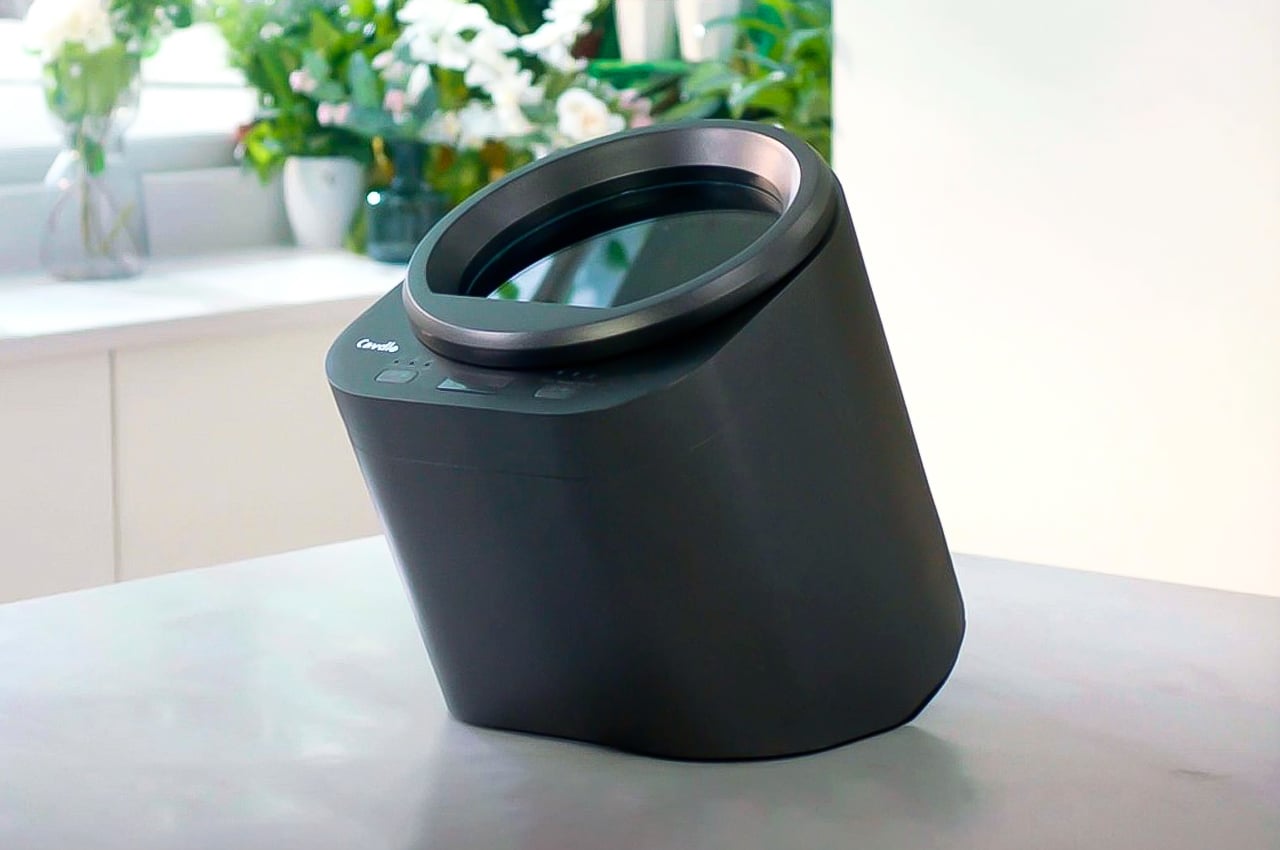#Tardigrades and Baby Squid Are Being Launched Into Space for Science – Review Geek

“#Tardigrades and Baby Squid Are Being Launched Into Space for Science – Review Geek”

In humanity’s grand tradition of sending stuff to space and seeing what happens, NASA will launch tardigrades (aka water bears) and baby bobtail squid into space to study them. The effects could impact future astronaut space survival.
The plan is to put 5,000 tardigrades and 128 glow-in-the-dark baby squid on SpaceX’s Falcon 9, which is scheduled to launch on June 3 from Florida’s Kennedy Space Center. They will then be loaded onto the International Space Station (ISS) to be studied over time. While it might seem like a weird mission, NASA believes it will help scientists gain a better understanding of the impacts of space travel on the human body.
Tardigrades are well-known for being virtually indestructible. Despite measuring less than a tenth of an inch long, they’ve survived radiation blasts, intense pressure, and the desolate vacuum of space. Scientists will be looking for any genetic changes that occur while the tardigrades are in space, as they could help us better understand how they adapt to new environments and produce antioxidants (which they use to supplement their diet).
“Spaceflight can be a really challenging environment for organisms, including humans, who have evolved to the conditions of Earth,” stated Thomas Boothby, a molecular biologist at the University of Wyoming and the lead scientist on the ISS experiment. “One of the things we are really keen to do is understand how tardigrades are surviving and reproducing in these environments and whether we can learn anything about the tricks that they are using and adapt them to safeguard astronauts.

Meanwhile, the baby squids will be part of a different experiment on the ISS that focuses on their glow-in-the-dark capabilities. That particular species of squid emits an eerie blue glow caused by the symbiotic bacteria colonizing their light organs.
Jamie Foster, a microbiologist at the University of Florida running the Understanding of Microgravity on Animal-Microbe Interactions (UMAMI) experiment, said “Animals, including humans, rely on our microbes to maintain a healthy digestive and immune system. We do not fully understand how spaceflight alters these beneficial interactions. The UMAMI experiment uses a glow-in-the-dark bobtail squid to address these important issues in animal health.”
Scientists hope this experiment will help us learn more about how existing away from Earth’s atmosphere will impact the microbes that live in the human gut, which keep us healthy. Since bobtail squids are not born with their microbes, researchers on the ISS will provide them with bioluminescent bacteria and monitor them. Once both missions are complete, the animals will be frozen and returned to Earth for further study.
If you liked the article, do not forget to share it with your friends. Follow us on Google News too, click on the star and choose us from your favorites.
For forums sites go to Forum.BuradaBiliyorum.Com
If you want to read more like this article, you can visit our Technology category.




